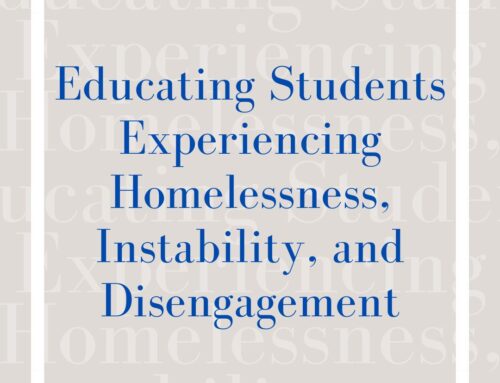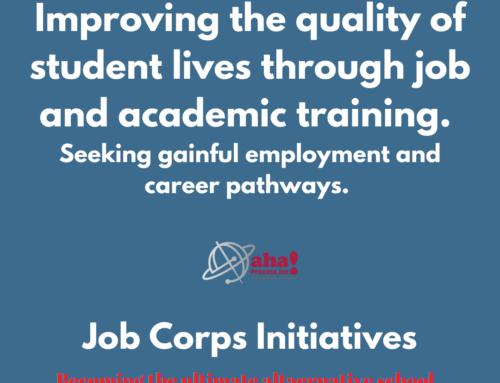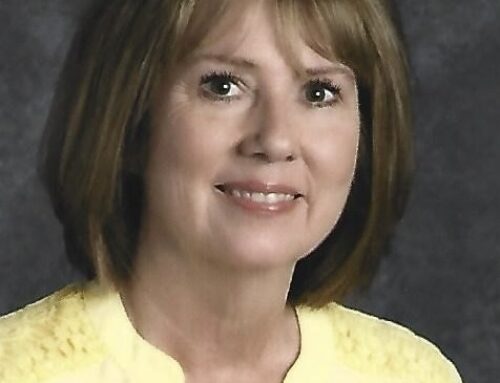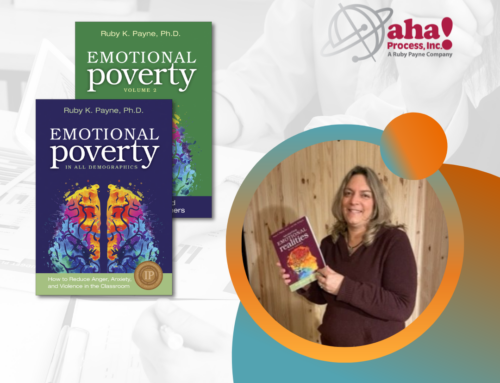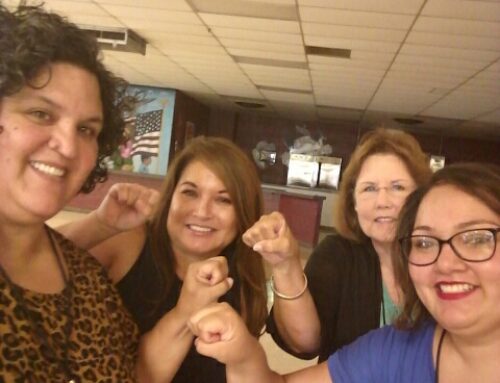January 14 was the date. Madison, Wisconsin was the place. It was both exciting and encouraging to be presenting at the New Wisconsin Promise Conference held at the beautiful Frank Lloyd Wright Monona Terrace Convention Center. In attendance were hundreds of Wisconsin educators and administrators from both the state level and local districts.
Because of the great success of Collaboration for Kids (CFK) in the Menominee Indian School District, there appeared to be much interest in the information presented by myself, Superintendent Wendell Waukau, and school social worker Paul Wilke. We divided the presentation into three parts for the greater understanding of the audience. I gave a general history and background of the foundational steps that must be taken for success to occur; Superintendent Waukau spoke about how CFK actually came to the school district and the five fundamental questions he asks prior to bringing in any new initiative. He also discussed the groundwork in the community that is needed to begin this initiative. He described the shift of thinking that needs to take place through the CFK training and how that evolved from a single goal into the building of solid relationships and the formation of CFK community teams. Those teams are now working successfully in the school to empower parents, stabilize families, and help children get back to making solid academic progress.
As Superintendent Waukau described the training process for CFK, he shared stories of community agency participants and parents who have been going through this long-term process. He told a story of one parent who, after being court-ordered into CFK, met her obligation to correct the truancy of her several children. She was released from the court’s structure, but she asked if she could stay with her CFK team. She both saw and felt the progress her family was making and wanted to continue that progress because it was breaking a three-generation history of truancy, nonattendance, and dropping out. She will stay with her team as long as she desires.
School social worker Paul Wilke described exactly how the team process works and how children are referred to CFK. He talked about the universal release of information and the gathering of data that takes place to help the child and family. Of emphasis were the personal nature of the team relationships and the role of the parent as a team member and possibly even the team leader. Also emphasized were the facts that all of the community agencies were represented on each trained team, and the juvenile court judges were trained in CFK and were very proactive in the CFK process.
The following quotes were included in the presentation of the CFK Initiative and had a significant impact:
“If you think about it, by helping families who are at risk for whatever reason, we are helping the community at large, as well. The families themselves are helped, but the overall impact is much, much larger than just the family.”
–Kris Wells, principal, Keshena Primary School
“During my experience with the CFK Initiative, I found it to be an effective method in addressing our families’ truancy issues. By using the collaborative approach to meet this challenge, it ensures the problem areas that cause a child’s habitual school absences are identified and targeted for change. I believe the success of this initiative in the lives of the families they serve is also felt in other areas of our reservation system, and hopefully we will see the results of this work on the night of high school graduation in years to come.”
–Wendell Askenette, judge, Menominee Tribal Court, Keshena, WI
“CFK provided input from all the resource representatives and we made a plan for me and my family, but better yet, we were able to make changes to that plan when a crisis was in motion or about to happen.”
–Melanie White, parent/team member

